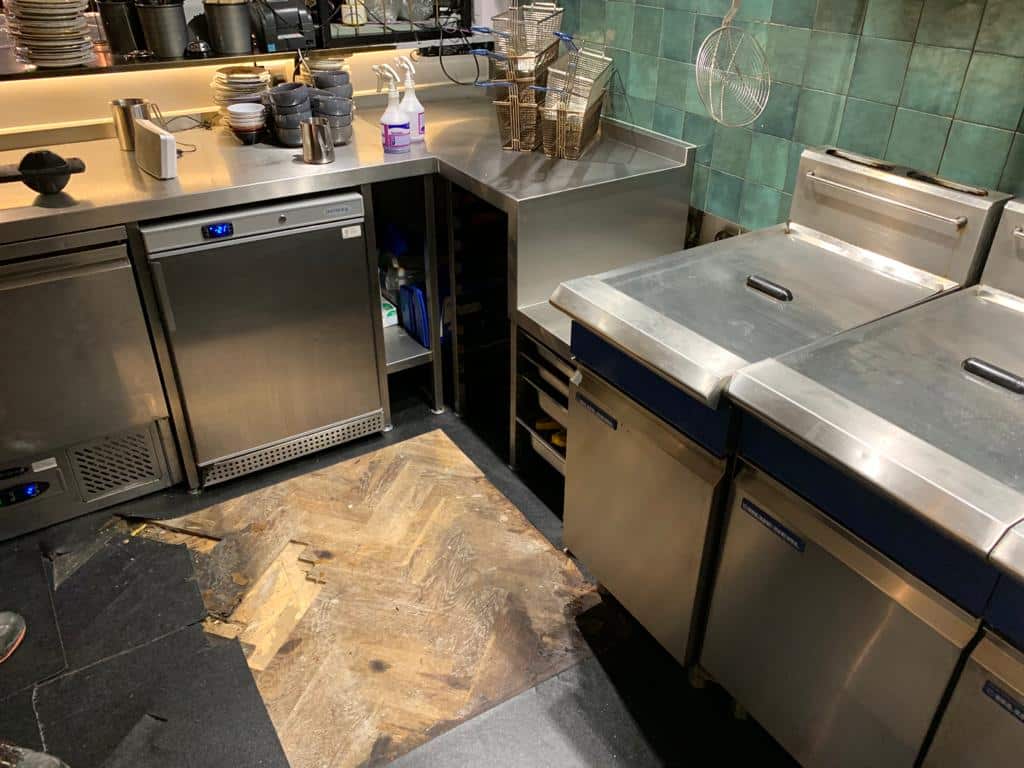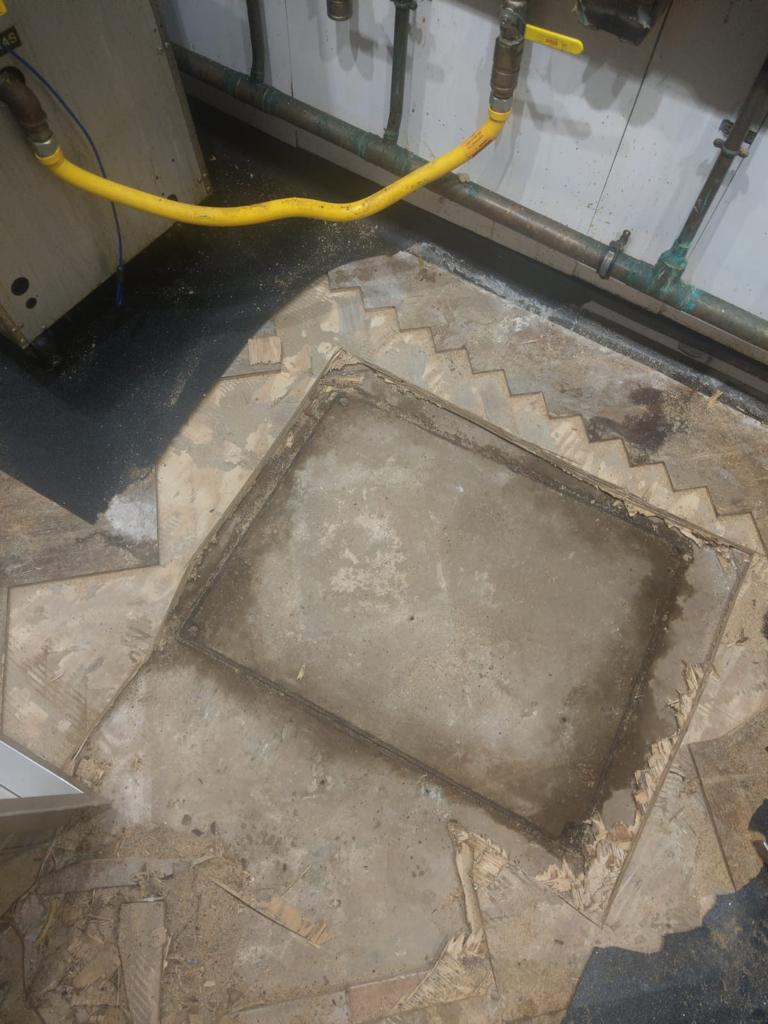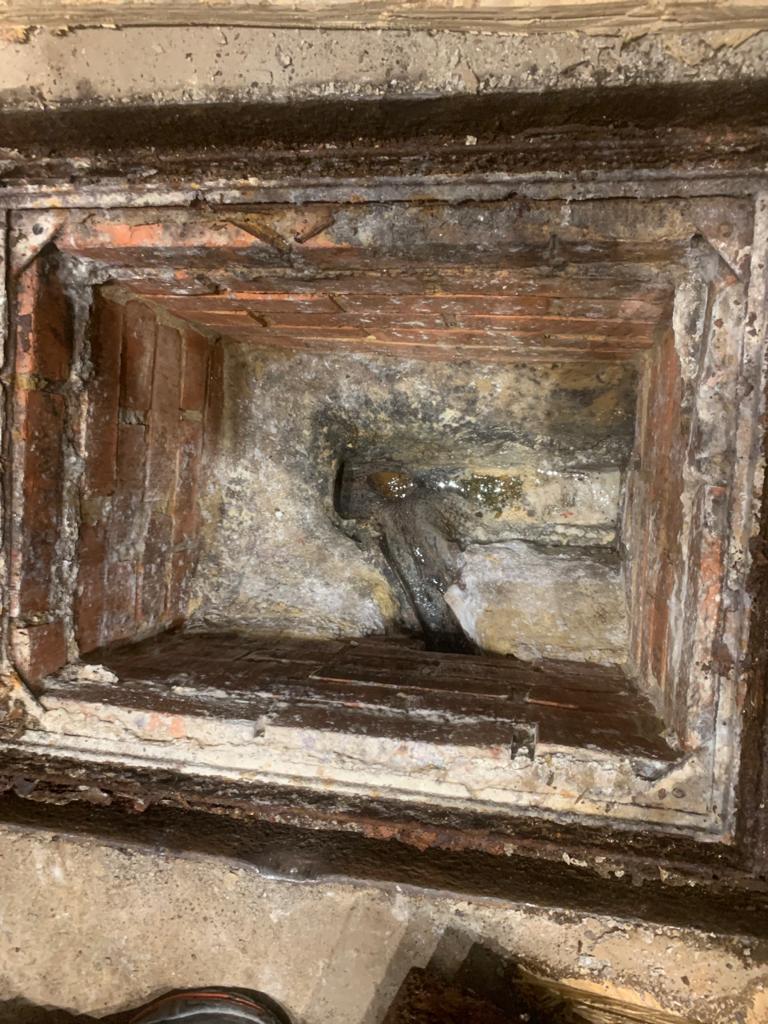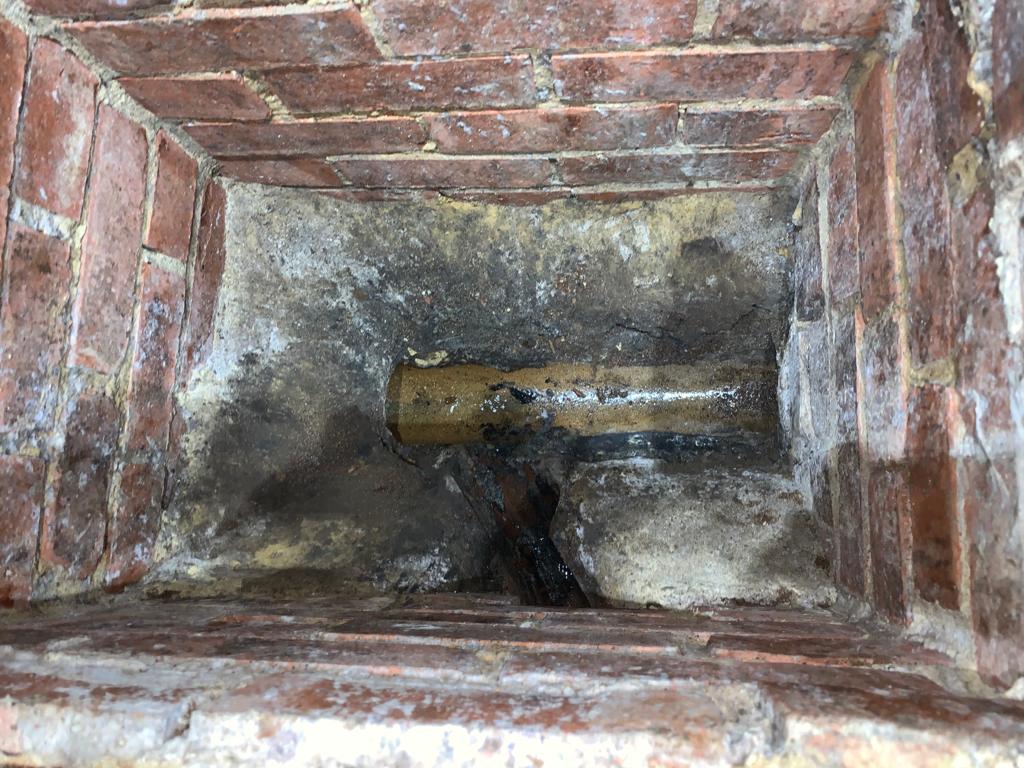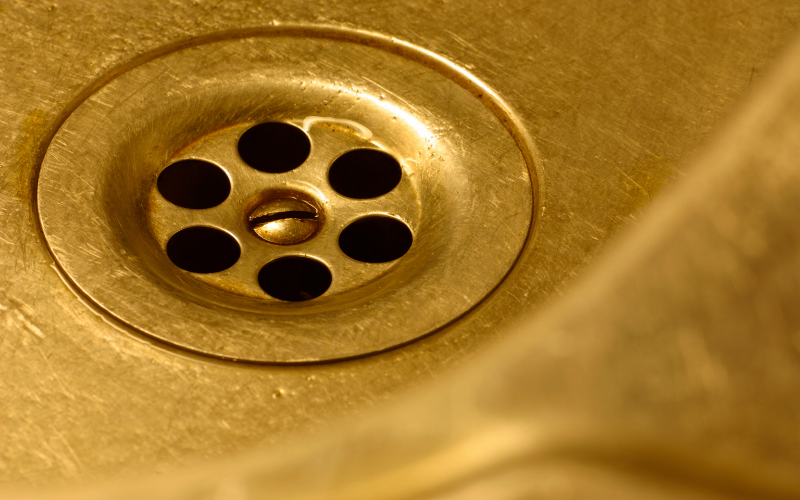Drains work quietly in the background until something goes wrong. A backed-up toilet or sink filled with standing water quickly becomes a household emergency. Regular drain cleaning stops these problems before they start.
Keeping drains clean does more than prevent emergencies. It saves money, protects property, and keeps homes running smoothly all year long.
How Drains Become Blocked?
Every day, drainage systems carry away waste from sinks, showers, and toilets. Hair goes down bathroom drains. Food particles wash down kitchen sinks. Soap and grease coat the inside of pipes.
These materials stick to the pipe walls bit by bit. The buildup happens so slowly that nobody notices at first. Weeks and months pass while the problem grows inside hidden pipes.
Kitchen drains face tough challenges. Hot cooking grease flows easily when poured down the sink. But it cools and hardens inside pipes, creating sticky layers that trap other debris. Bathroom drains collect hair every single day. Long strands wrap around soap scum and create dense clogs.
Damage That Happens Without Notice
Slow drains seem like minor annoyances. But blocked drains create serious problems behind the scenes. Water trapped in pipes puts pressure on joints and connections.
This pressure weakens pipe seals over time. Eventually, water starts leaking through tiny gaps. The leaks happen inside walls where homeowners can’t see them until damage spreads.
Really bad blockages can crack pipes completely. When pipes burst, water floods into homes, causing immediate damage. Floors, walls, and ceilings all suffer from water that escapes broken pipes.
Money Saved Through Prevention
Regular drain cleaning costs far less than fixing emergencies. A scheduled maintenance visit might cost a reasonable amount. Emergency repairs cost several times more, especially during nights and weekends.
Water damage repairs add enormous costs. Wet carpets need replacing. Soaked walls require drying equipment and new paint. Sometimes floors or ceilings need rebuilding completely.
Insurance helps with some costs but doesn’t cover everything. Deductibles take a big chunk of money first. Then insurance rates often increase after claims are filed.
Health Reasons to Keep Drains Clean
Clean drainage systems protect everyone living in the home. Bacteria grow quickly in blocked drains where water sits still. These germs can cause illnesses when they spread.
Mould becomes a problem when drains stay blocked. Excess moisture around slow drains creates perfect conditions for mould growth. Black spots appear on walls and ceilings near problem drains.
Bad drain smells aren’t just unpleasant. They warn about rotting waste and dangerous bacteria. Breathing these odours regularly affects health, especially for children and elderly people.
Warning Signs to Watch for in the Drain
Water draining slowly gives the first warning. When sinks take minutes to empty instead of seconds, the buildup is restricting the pipes. Acting quickly at this stage prevents total blockages.
Strange gurgling noises mean trapped air is pushing through partial blockages. Healthy drains stay quiet while water flows away. Noisy drains need attention soon.
Water appearing in unexpected places shows a serious blockage. When the toilet gurgles after flushing the sink, or the shower backs up during laundry, blocked drains require immediate help.
Conclusion: Benefits of Regular Drain Cleaning
Regular drain cleaning represents smart spending that protects much larger investments. The cost of annual maintenance is tiny compared to the thousands spent repairing water damage or replacing burst pipes.
Taking action now through scheduled drain maintenance protects homes and families from unpleasant surprises. Clean drains mean comfortable living spaces, lower repair costs, and confidence that everything will work properly when needed most.
If you need support with cleaning drains or blocked drains clearance in London, contact Quick Clear Drainage today.

